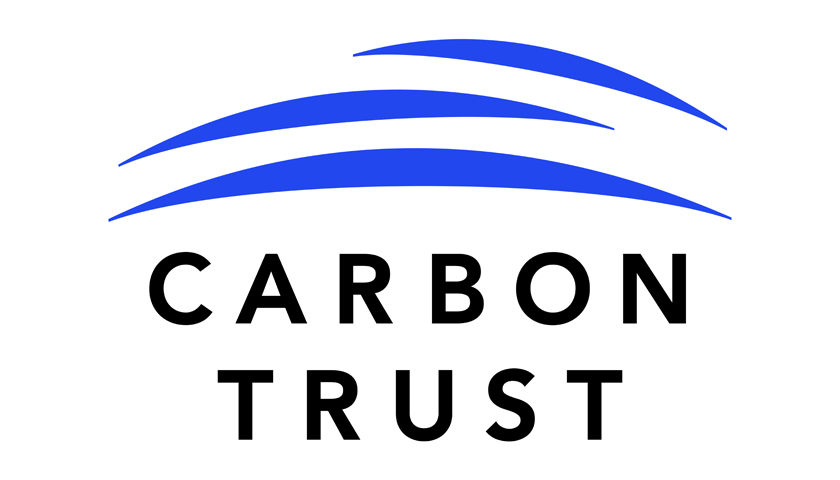Heat pumps are a key solution for decarbonising homes and will be critical for meeting the UK’s commitment to achieve Net Zero by 2050.
The Heat Pump Ready Programme, funded through the Net Zero Innovation Portfolio (NZIP), is designed to support the development and demonstration of heat pump technologies and tools, and the solutions needed to accelerate high-density, cost-effective deployment of heat pumps in domestic housing.
The Carbon Trust, in a consortium with Ipsos and Technopolis, with additional support on technical input and dissemination from a range of organisations, will be responsible for collating and disseminating the learnings from and between Heat Pump Ready projects.
Knowledge and learnings gained throughout Heat Pump Ready projects will be shared with wider stakeholders including DNOs, suppliers, installers, and the general public.
The multi-year programme has up to £60m in funding available overall, with up to £5m of this marked to support the consortium activities until the programme’s conclusion in 2025.
David Reilly, Director of Cities & Regions at the Carbon Trust, said:
“Decarbonising heat across our existing housing stock is a key challenge for the UK’s Net Zero ambitions and one that needs to be urgently addressed. Heat pumps have a critical role to play under all pathways to Net Zero, but we need a laser focus on innovation and collaboration across the sector to accelerate the roll-out of heat pumps at the pace and scale necessary. The Carbon Trust is delighted to be leading Stream 3 of the Heat Pump Ready Programme, working with our expert partners Ipsos and Technopolis, as it builds on over 20 years of experience in delivering innovative projects and programmes in energy transition, buildings, heat decarbonisation and collaboration.”
The Heat Pump Ready Programme is part of the Government’s £1bn Net Zero Innovation Portfolio (NZIP), which aims to accelerate the commercialisation of innovative clean energy technologies and processes through the 2020s and 2030s.
